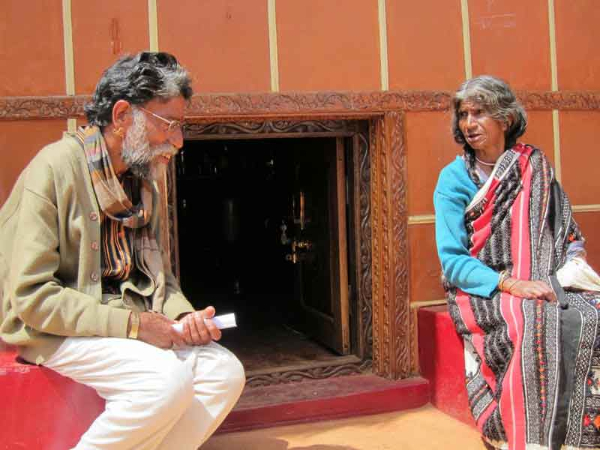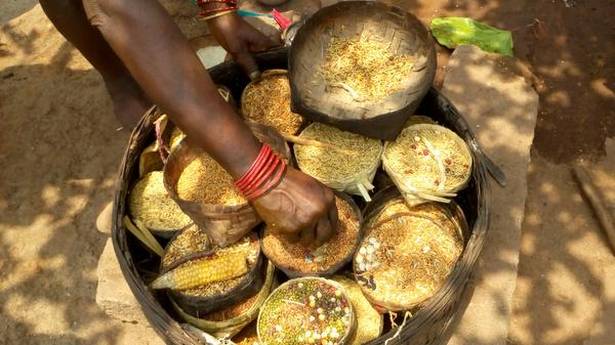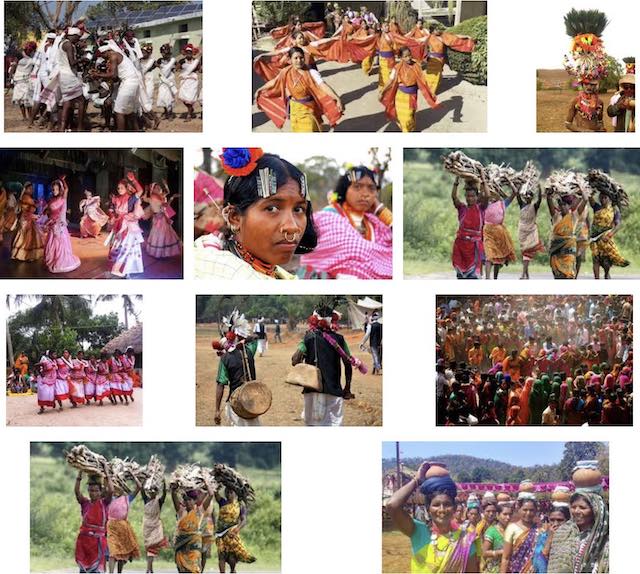This animation explores the legacies we might leave for future generations and humanity’s place in the cosmic story.
Video credit: Tom Lee at Rocket Visual – http://www.rocket-visual.co.uk/.
About the book:
How can we be good ancestors? In The Good Ancestor, leading public philosopher Roman Krznaric explores how we can overcome the frenetic short-termism of the modern world by revealing six profound ways in which we can all learn to think long term. Drawing on radical innovations from around the globe, and describing uniquely human talents like ‘cathedral thinking’ that our expand our time horizons and sharpen our foresight, Krznaric celebrates the time rebels who are reinventing democracy, culture and economics so that we all have the chance to become good ancestors and create a better tomorrow. […]

Photo © Ludwig Pesch
Learn more about the
Toda community, the Nilgiri Biosphere where the live, other elders,
the cultural identity communities have cherished for centuries, and this
in spite of the colonial legacy still affecting their members >>
“Our kaavus (sacred grounds) are central to our culture. But many have been encroached upon and disappeared. AMS has done a survey of all Kaavus and burial grounds and is petitioning the government to officially recognize them.” – Adivasi Munnetra Sangam (Nilgiris) | Learn more >>
“One of the finest examples of traditional practices in India based on religious faith which has made a profound contribution to nature conservation has been the maintenance of certain patches of land or forests as ‘sacred groves’.” – Dr S.M. Nair, Report of the Western Ghats Ecology Expert Panel | Learn more >>
“We must remember that the Kondhs, many of whom live high up in the mountainous forests and call themselves Dongria Kondh, do not safeguard humanity with just their seeds. They do so with their food systems, their bond with the forests and wildlife, their belief system, social ways, and culture. Kondh society carries within it several lessons that can teach us about humanity itself.” | Learn more >>

Photo © The Hindu >>
Health & nutrition | Revival of traditions >>
Up-to-date reports by Indian experts and journalists
Search tips
Combine the name of any particular state, language or region with that of any tribal (Adivasi) community.
Add keywords of special interest (music, poetry, dance just as health, sacred grove and biodiversity); learn about the rights of Scheduled Tribes such as the “Forest Rights Act” (FRA); and the United Nations “Declaration on the Rights of Indigenous Peoples”, “Universal Declaration of Human Rights”, “women’s rights”, or “children’s right to education”.
Ask a question that includes “tribal” or “Adivasi”, for instance: “Adivasi way of life better?” (or “tribal way of life worse?”)
Specify any particular issue or news item (biodiversity, bonded labour and human trafficking, climate change, ecology, economic development, ethnobotany, ethnomedicine, global warming, hunter-gatherers in a particular region or state, prevention of rural poverty, water access).
For official figures include “scheduled tribe ST” along with a union state or region: e.g. “Chhattisgarh ST community”, “Himalayan tribe”, “Scheduled tribe Tamil Nadu census”, “ST Kerala census”, “Particularly Vulnerable Tribal Group Jharkhand”, “PVTG Rajasthan”, “Adivasi ST Kerala”, “Adibasi ST West Bengal” etc.
In case the Google Custom Search window is not displayed here try the following: (1) toggle between “Reader” and regular viewing; (2) in your browser’s Security settings select “Enable JavaScript” | More tips >>
Note: hyperlinks and quotes are meant for fact-checking and information purposes only | Disclaimer >>
List of websites covered by this Google custom search engine
Academia.edu (platform for academics to share research papers) – www.academia.edu
Archive.org – https://archive.org
Centre for Science and Environment – https://www.cseindia.org
Current Conservation – https://www.currentconservation.org
Development and Cooperation (D+C) https://www.dandc.eu
Down To Earth (India) – www.downtoearth.org.in
India Environment Portal – www.indiaenvironmentportal.org.in
Harnessing Nature Magazine – https://harnessingnature.online
Mongabay-India – https://india.mongabay.com
M S Swaminathan Research Foundation – www.mssrf.org
Navdanya (protecting India’s biodiversity based food heritage) – https://navdanya.org
Third World Network (Penang, Malaysia) – https://twn.my
The Shola Trust (nature conservation in the Nilgiri region) – www.thesholatrust.org

Indian online periodicals and platforms | Images view >>
~ ~ ~
Personalize your CustomSearch by combining other search words >>
(e.g. name of a tribal community and region, a craft, or dance and puppetry)
Research the above issues with the help of Shodhganga: A reservoir of theses from universities all over India, made available under Open Access >>
Note: hyperlinks and quotes are meant for fact-checking and information purposes only | Disclaimer >>